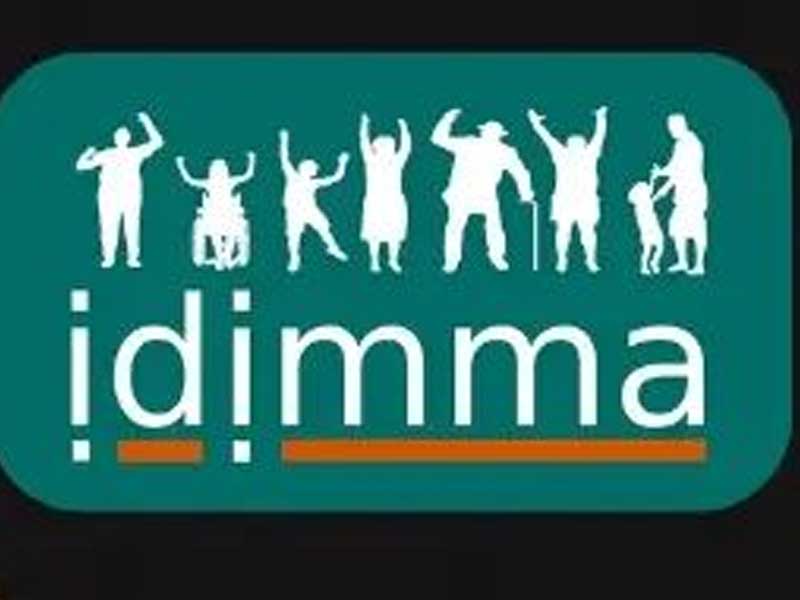
Child Solidarity Group and Idimma Health Initiate with United States Consulate sensitizing Journalists on trauma, gender-based and suicide-related matters
Over 40 journalists drawn from print, broadcast and online media, across the South-west zone, recently converged on Ikeja, GRA, Lagos for a three-day workshop on sensitive reporting of trauma, gender-based violence and suicide-related experiences, designed to enhance their knowledge and reportage on these issues. It was organised by Child Solidarity Group and Idimma Health Initiate and supported by the United States Consulate in Nigeria.
In her remarks, Founder of Idimma Health Initiative, Aisha Bubah, who emphasised on the topic ‘Understanding Mental Health’ expressed concern that only about four per cent of the country’s health budget goes to mental health and that nine out of 10 persons with mental disorders in the country do not receive any services.
“Over 30 per cent of Nigerians suffer from depression according to World Health Organisation ( WHO) and only about 10 per cent have access to the treatment.”
She described suicide as a criminal offence in the penal code, saying that preventing it should be a public health concern.
According to her, “the National Suicide Prevention Framework (NSPSF) is designed to mitigate risk and enhance protective factors to improve resikeince which aim at reducing deaths and suicide attempts within the context of Nigeria’s health system and community in general.”
A Psychologist, Ms Chinese Okafor explained that journalists have to take note of the warning signs of suicide including verbal/thoughts, behavioural changes, emotional indicators and that they have to take all these signs seriously, initiate conversations , express concern and support, as well as offer professional help.
“Safe reporting of suicide involves minimising graphic details, promoting help- seeking, using sensitive language and framing, considering vulnerable audience, as well as as educating and informing the public,” she stated.
She advised journalists to avoid sensationalism, inaccurate language and framing; and reporting that fails to provide context or resources related to mental health, trauma or suicide which could leave audiences uninformed and ill-equipped to understand and respond to the issues, while prioritising their own mental health.
Okafor appealed to them to fact- check and verify their reports so as to avoid dissemination inaccurate or misleading information that could harm individuals and bring about stigmatisation, adding that by sticking to the global best practices, will enable them offer comprehensive reporting that considers the broader societal, cultural and systemic factors.
The Chief Executive Officer, Child Solidarity Group, Emediong Akpabio urged the trained journalists to transfer their knowledge to their colleagues in their various media as it will increase safe reporting for a better society.
In his remarks, the Spokesperson for the US Mission in Nigeria, Gilbert Morton commended the organisers while expressing satisfaction with the outcome of the workshop.
“You are building media capacity and improving their skills set on some of the difficult topics on Gender-based Violence and suicide.”
He commended the journalists for their engagement and passion, while appealing to them to use their influence to educate the public about suicide.
